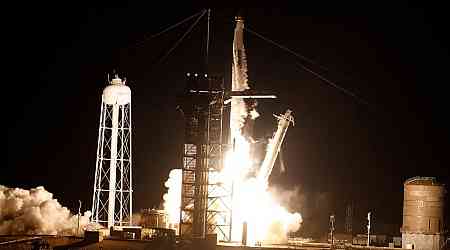A vast reserve of hydrogen gas buried beneath Earth's crust has been estimated to hold trillions of tons of this clean energy source. Scientists suggest that even a small portion of this hidden hydrogen could meet global energy needs for the next 200 years, potentially reducing the dependence on fossil fuels. While the exact locations of these reserves remain unclear, preliminary studies point to immense quantities, indicating significant implications for future energy systems and sustainable development.
Massive Hydrogen Reserves Identified
According to a recent study published in Science Advances, an estimated 6.2 trillion tons of hydrogen could be trapped within rocks and underground reservoirs. This figure vastly exceeds the total oil reserves globally, with hydrogen quantities calculated to be 26 times greater than the remaining crude oil. Despite the enormous potential, much of this hydrogen is believed to lie at depths or locations that may prove inaccessible or economically unviable for extraction.
Key Insights from the Study
Geoffrey Ellis, a petroleum geochemist with the U.S. Geological Survey (USGS), emphasised to space.com that a mere 2 percent of these hydrogen stocks could supply sufficient energy to achieve global carbon neutrality for approximately two centuries. Ellis explained that natural hydrogen is produced through various geological processes, including the breakdown of water molecules into hydrogen and oxygen.
Unlike hydrogen derived from water electrolysis, which requires renewable or fossil energy sources, natural hydrogen found underground is self-generated and stored naturally in reservoirs. This reduces the need for additional energy-intensive storage systems, as the gas can be tapped on demand.
Challenges and Uncertainty in Exploration
Significant challenges persist in determining the precise locations of these underground hydrogen deposits. The study acknowledged that estimates ranged widely, from 1 billion to 10 trillion tons, due to the limitations of the modelling approach. Efforts are underway to refine criteria for identifying viable hydrogen reserves.
If recoverable, natural hydrogen could play a transformative role in global energy systems, with research into its accessibility set to continue in the coming years. Scientists are focusing on narrowing geologic markers to pinpoint reserves more effectively, with further findings expected in 2024.
































